The End of Power: From Boardrooms to Battlefields and Churches to States, Why Being In Charge Isn't What It Used to Be
By Moises Naim
Category
PoliticsRecommended by
"The End of Power" by Moises Naim is a thought-provoking examination of how power is shifting in today's interconnected world. Naim argues that traditional sources of power, such as governments, militaries, and large corporations, are losing their effectiveness and authority.
He identifies several key factors contributing to this decline, including the rise of technology, the empowerment of individuals, and the emergence of new players in the global stage. These forces have not only disrupted the status quo but also created opportunities for new power dynamics to emerge.
Naim provides examples from various fields, including politics, business, and religion, to illustrate his points. He highlights how these shifts in power have made it harder for traditional institutions to maintain control and influence, while also enabling smaller actors and grassroots movements to challenge the established order.
The book discusses the implications of this changing power landscape, including the potential for increased volatility, both domestically and internationally. Naim argues that this decline in concentrated power can be both beneficial, as it allows for more innovation and diversity, but also risky, as it may lead to unpredictability and instability.
Naim concludes the book by discussing the strategies that individuals and organizations can adopt in order to navigate this new era of power. He emphasizes the importance of adaptability, collaboration, and a willingness to relinquish outdated models of authority.
"The End of Power" offers an insightful analysis of the shifting power dynamics in our modern world and raises important questions about the future of governance and influence. It is a must-read for anyone interested in understanding the evolving nature of power and its impact on society.
He identifies several key factors contributing to this decline, including the rise of technology, the empowerment of individuals, and the emergence of new players in the global stage. These forces have not only disrupted the status quo but also created opportunities for new power dynamics to emerge.
Naim provides examples from various fields, including politics, business, and religion, to illustrate his points. He highlights how these shifts in power have made it harder for traditional institutions to maintain control and influence, while also enabling smaller actors and grassroots movements to challenge the established order.
The book discusses the implications of this changing power landscape, including the potential for increased volatility, both domestically and internationally. Naim argues that this decline in concentrated power can be both beneficial, as it allows for more innovation and diversity, but also risky, as it may lead to unpredictability and instability.
Naim concludes the book by discussing the strategies that individuals and organizations can adopt in order to navigate this new era of power. He emphasizes the importance of adaptability, collaboration, and a willingness to relinquish outdated models of authority.
"The End of Power" offers an insightful analysis of the shifting power dynamics in our modern world and raises important questions about the future of governance and influence. It is a must-read for anyone interested in understanding the evolving nature of power and its impact on society.
Share This Book 📚
More Books in Politics
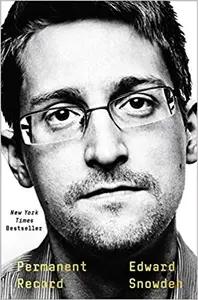
Permanent Record
Edward Snowden
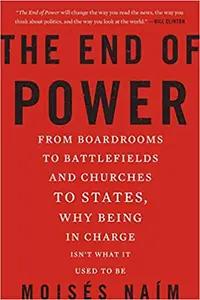
The End of Power
Moises Naim
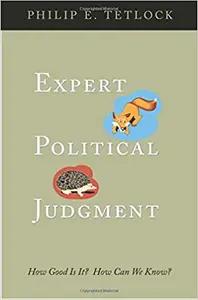
Expert Political Judgement
Philip E. Tetlock
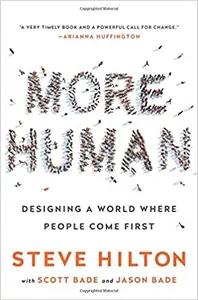
More Human
Steve Hilton
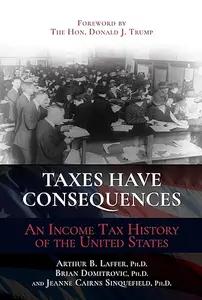
Taxes Have Consequences
Art Laffer

Team of Rivals
Doris Kearns Goodwin
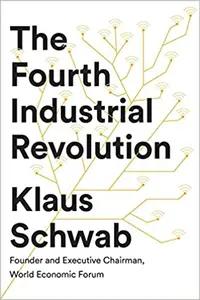
The Fourth Revolution
John Micklethwait
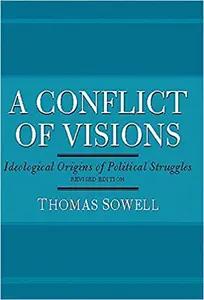
A Conflict of Visions
Thomas Sowell

A Fighting Chance
Elizabeth Warren
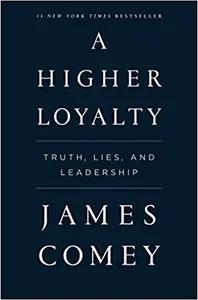
A Higher Loyalty
James Comey
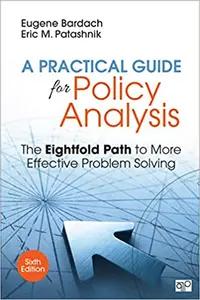
A Practical Guide for Policy Analysis
Eugene S. Bardach

A Very Expensive Poison
Luke Harding

Accidental Presidents
Jared Cohen

All Out War
Tim Shipman

American Crusade
Pete Hegseth

Anti Americanism
Jean Francois Revel

BLITZ
David Horowitz

Battlegrounds
H.R. McMaster
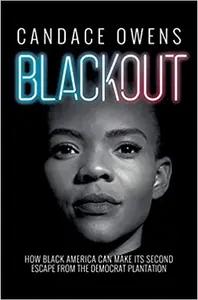
Blackout
Candace Owens

Chaos
Tom O'Neill

Chasing Hillary
Amy Chozick

Civilian Warriors
Erik Prince
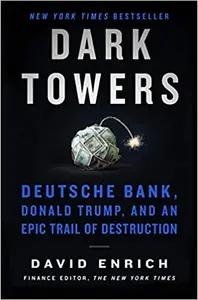
Dark Towers
David Enrich

Days of Rage
Bryan Burrough

Dear Leader
Jang Jin-Sung

Defend The Border and Save Lives
Tom Homan
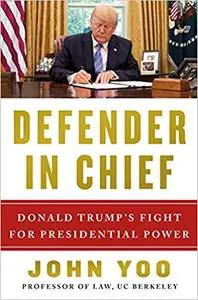
Defender In Chief
John Yoo
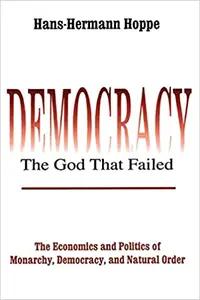
Democracy
Hans-Hermann Hoppe
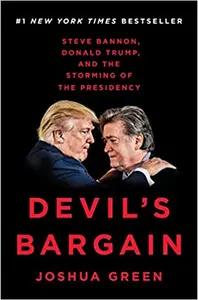
Devil's Bargain
Joshua Green
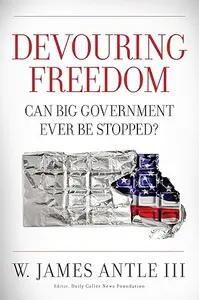
Devouring Freedom
W. James Antle III
Popular Books Recommended by Great Minds 📚

The Holy Bible
Various
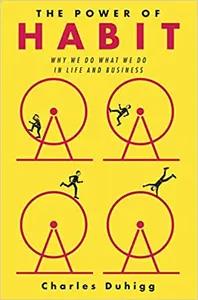
The Power of Habit
Charles Duhigg
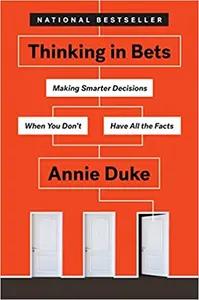
Thinking In Bets
Annie Duke

Can't Hurt Me
David Goggins
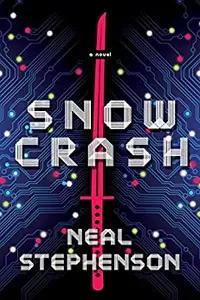
Snow Crash
Neal Stephenson
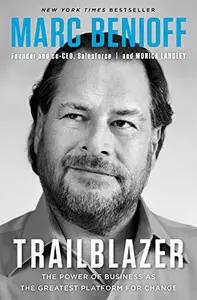
Trailblazer
Marc Benioff

Hillbilly Elegy
J.D. Vance
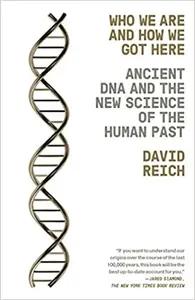
Who We Are and How We Got Here
David Reich
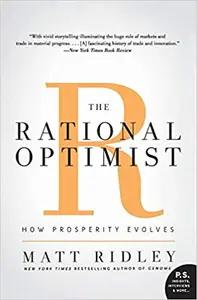
The Rational Optimist
Matt Ridley

Lying
Sam Harris
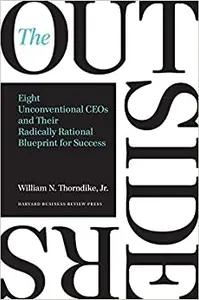
The Outsiders
William Thorndike
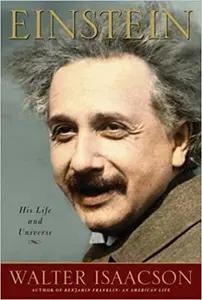
Einstein
Walter Isaacson
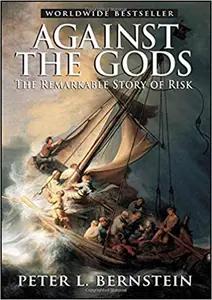
Against The Gods
Peter Bernstein
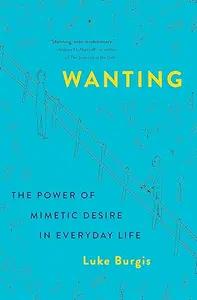
Wanting
Luke Burgis
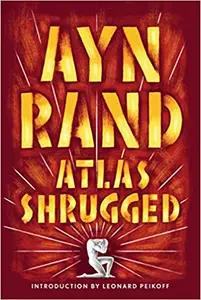
Atlas Shrugged
Ayn Rand

Brotopia
Emily Chang

The Innovators Dilemma
Clayton Christensen
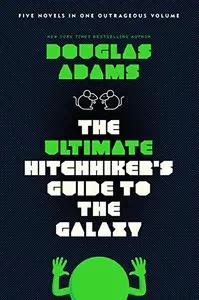
The Hitchhikers Guide to the Galaxy
Douglas Adams
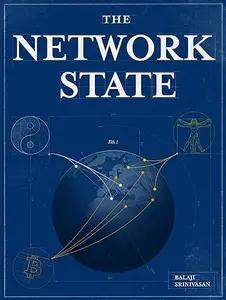
The Network State
Balaji Srinivasan
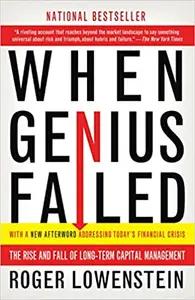
When Genius Failed
Roger Lowenstein

Titan
Ron Chernow
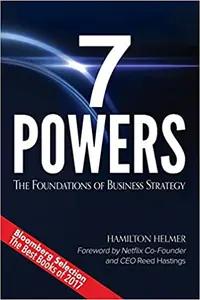
7 Powers
Hamilton Helmer
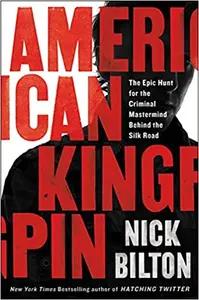
American Kingpin
Nick Bilton
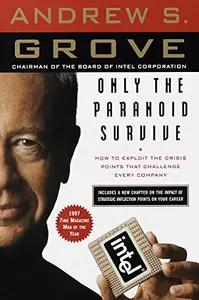
Only the Paranoid Survive
Andy Grove
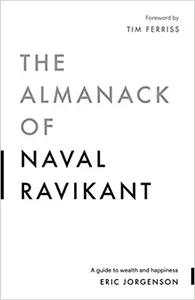
The Almanack of Naval Ravikant
Eric Jorgenson
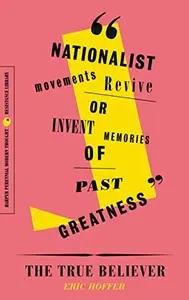
The True Believer
Eric Hoffer
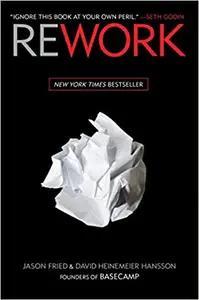
Rework
Jason Fried
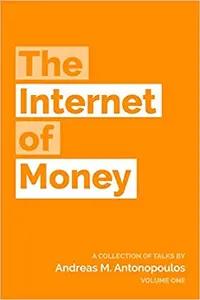
The Internet of Money Volume 1
Andreas Antonopolous

Guns, Germs, and Steel
Jared Diamond
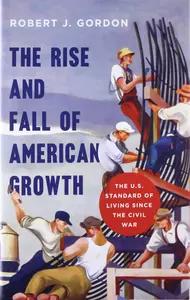
The Rise And Fall Of American Growth
Robert J. Gordon